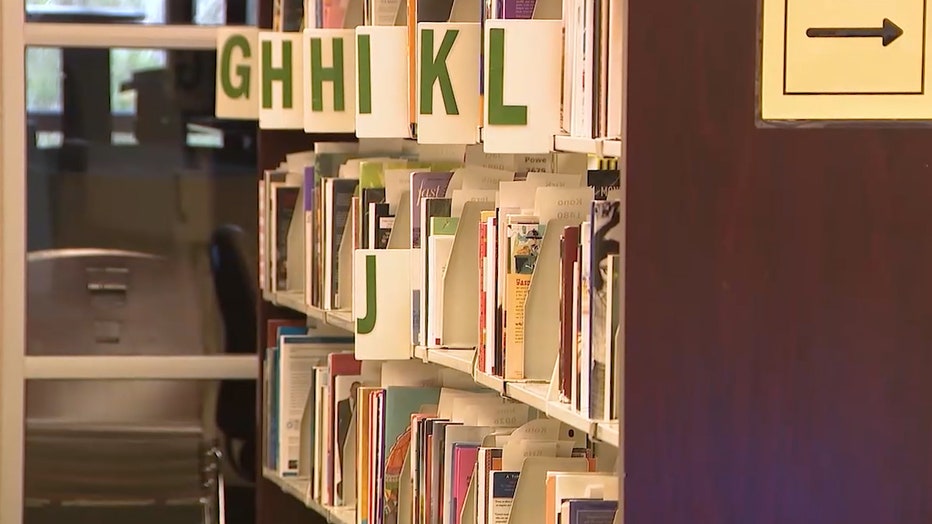GA House approves bill that would change book removal process from school libraries
House approves bill that would change book removal process from school libraries
A bill that would change the process in which books can be removed from school libraries is one step closer to becoming a law. The Georgia House passed Senate Bill 226 Friday.
ATLANTA - A bill that would change the process in which books can be removed from school libraries is one step closer to becoming a law.
The Georgia House passed Senate Bill 226 Friday.
"That bill today was just another egregious attack on freedom of speech," said House Minority Leader James Beverly.
He said the bill is unnecessary.
Right now, a school committee oversees selecting and removing books and other materials from school libraries.
"If a parent has any problem with any book, any part of the curriculum, they already have a place to go. It's been spelled out for years," Beverly said.
If this bill is signed into law, it would allow parents to take their concerns directly to the school's principal or another designated person.

"I think having a process where parents can appeal to their principal, their school board, their superintendent to really have a discussion about what is obscene in our schools is important in our communities," said State Senator Jason Anavitarte, in March 2021.
Anavitarte said he introduced the bill after receiving complaints from parents.
The bill defines material that is "harmful to minors" as "description or representation, in whatever form, of nudity, sexual conduct, sexual excitement, or sadomasochistic abuse, when it: (1) Taken as a whole, predominantly appeals to the prurient, shameful, or morbid interest of minors; (2) Is patently offensive to prevailing standards in the adult community as a whole with respect to what is suitable material for minors; and (3) Is, when taken as a whole, lacking in serious literary, artistic, political, or scientific 24 value for minors."
It also establishes a timeline for when principals need to investigate and decide whether the material should be removed.
It would also give parents a chance to appeal the decision to the local school board.
"I hope every parent would dictate for themselves what they want their kids to see and not see and not necessarily the public sector," Anavitarte said.
Beverly said, however, it will stifle students' exposure to necessary materials.
"Nobody's asking us to promote profanity or pornography or anything like that, but we need to give age appropriate material to kids to give them a chance to struggle to equip them with what they need to today, so they can be better citizens in the future." he said.
The ACLU, the Georgia Library Media Association and other education groups have voiced their concerns over this bill.
_____
WATCH: FOX 5 NEWS LIVE COVERAGE

